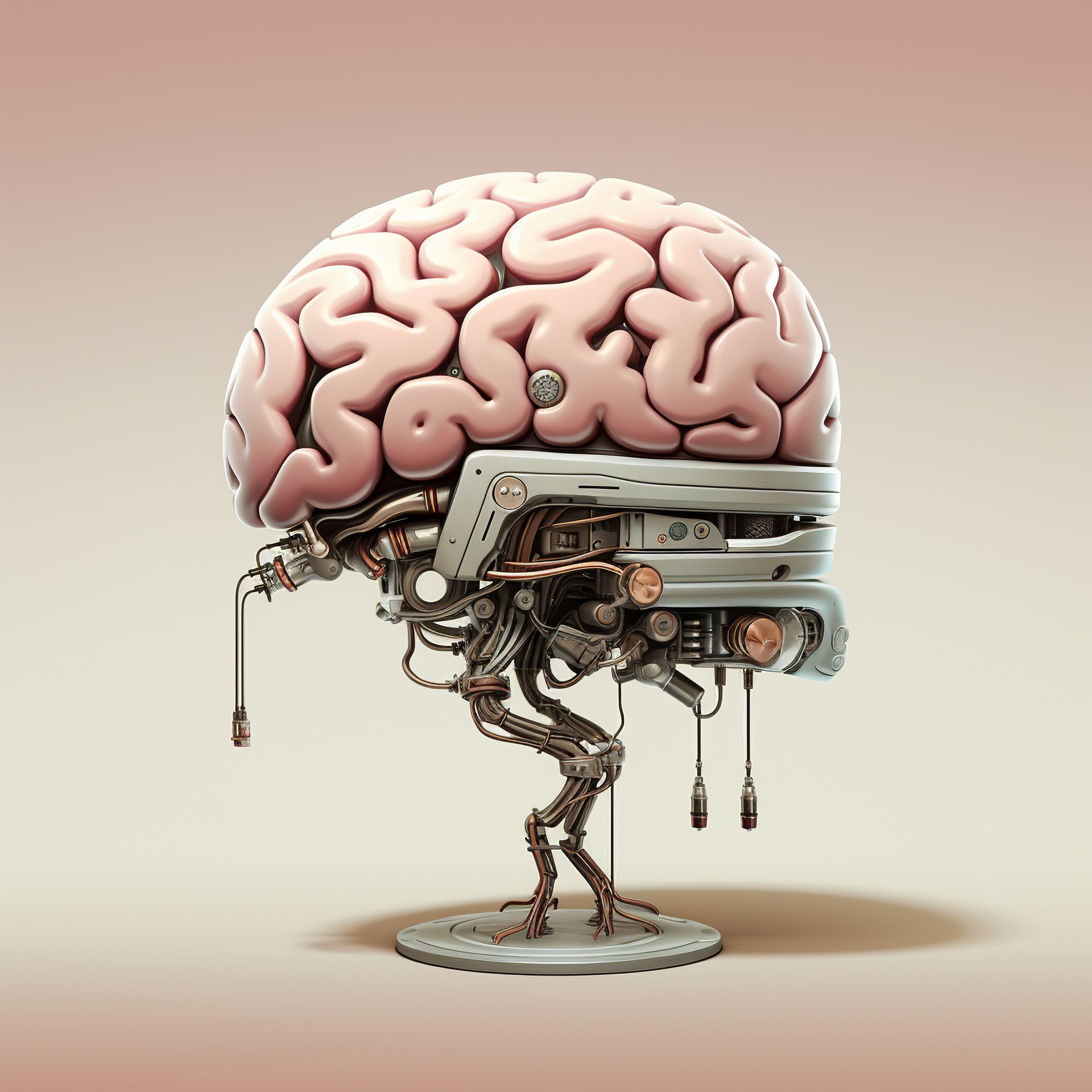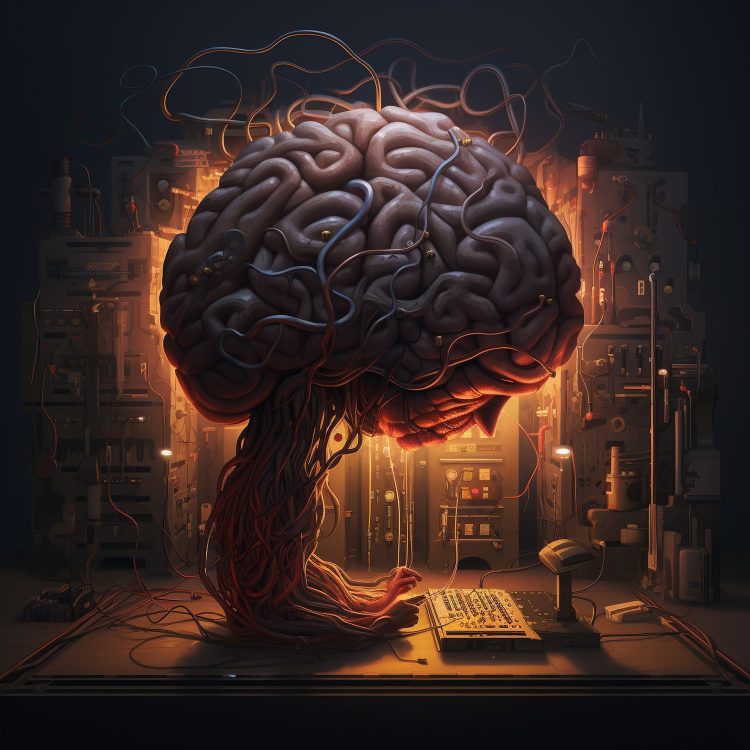Does AI have IQ? This question serves as a fascinating entry point into the exploration of how we evaluate the intelligence of artificial intelligence systems.
Unlike human intelligence, which can be measured using standardized IQ tests, the assessment of AI intelligence requires a different set of criteria and methodologies.
As AI continues to evolve and integrate into various aspects of society, understanding how its intelligence is measured becomes increasingly important.
How is an AI’s intelligence being calculated?
To grasp the concept of AI intelligence, it is essential to first understand how human intelligence has traditionally been quantified. The Intelligence Quotient, or IQ, has long been the standard for measuring human cognitive abilities. Developed in the early 20th century, IQ tests evaluate various cognitive skills, including logic, reasoning, problem-solving, and comprehension. These tests provide a single score intended to represent an individual’s overall intellectual capacity.

In contrast, artificial intelligence does not possess consciousness or subjective experience, making traditional IQ tests inapplicable. However, this does not imply that AI cannot be evaluated for its intelligence. Instead, AI intelligence is assessed through performance metrics tailored to its capabilities and tasks. These metrics focus on an AI’s ability to learn, adapt, and perform specific functions, rather than its ability to think or reason like a human.
Defining AI performance metrics
The measurement of AI performance is multifaceted, encompassing a range of criteria that vary depending on the application and type of AI system. Several key metrics are commonly used to assess AI intelligence, each providing insights into different aspects of its performance.
Accuracy and precision
One of the most straightforward metrics for evaluating AI intelligence is accuracy. Accuracy measures how often an AI system produces correct results or makes correct decisions. For instance, in image recognition, accuracy would refer to the percentage of images correctly identified by the AI. Precision, on the other hand, focuses on the accuracy of the positive predictions made by the AI. High precision means that when the AI predicts a positive outcome, it is usually correct.
Recall and F1 score
In addition to accuracy and precision, recall is another critical metric. Recall measures the ability of an AI system to identify all relevant instances within a dataset. It is particularly important in applications where missing a positive instance could have significant consequences, such as medical diagnosis. The F1 score is a harmonic mean of precision and recall, providing a single metric that balances both aspects.

Speed and efficiency
AI performance is also evaluated based on speed and efficiency. This includes the time taken to process data and generate results, as well as the computational resources required. In real-time applications, such as autonomous driving or financial trading, the speed of an AI system can be crucial.
AI benchmarks and competitions
Beyond individual metrics, AI intelligence is often measured through benchmarks and competitions. These provide standardized tasks and datasets, allowing for the comparison of different AI systems. Popular benchmarks include the ImageNet challenge for image classification and the GLUE benchmark for natural language understanding. Competitions such as these not only foster innovation but also provide a clear metric for progress in the field.
The Turing Test
One of the earliest and most famous methods for evaluating AI intelligence is the Turing Test, proposed by Alan Turing in 1950. The Turing Test assesses an AI’s ability to exhibit behavior indistinguishable from that of a human.
In this test, a human evaluator interacts with both a human and an AI system without knowing which is which. If the evaluator cannot reliably distinguish between the human and the AI, the AI is said to have passed the test. While the Turing Test is a significant milestone in AI development, it is not without limitations. It primarily focuses on conversational abilities and does not encompass the full range of AI capabilities.

Machine learning competitions
In recent years, machine learning competitions have become a popular way to measure AI performance. Platforms like Kaggle host competitions where AI developers compete to solve specific problems using provided datasets.
These competitions are judged based on predefined metrics, such as accuracy, F1 score, or mean squared error, depending on the task. Machine learning competitions provide a dynamic and practical environment for testing AI systems and pushing the boundaries of what they can achieve.
How long has AI been helping us?
So, does AI have IQ? While AI cannot be measured by traditional IQ tests, its intelligence is assessed through a variety of performance metrics tailored to its capabilities and applications. From accuracy and precision to speed and efficiency, these metrics provide a comprehensive picture of AI performance. Benchmarks, competitions, and real-world evaluations further refine our understanding of AI intelligence. As AI technology continues to evolve, so too will the methods used to measure its performance, ensuring that we can accurately assess and harness the potential of artificial intelligence.
Featured image credit: Freepik





